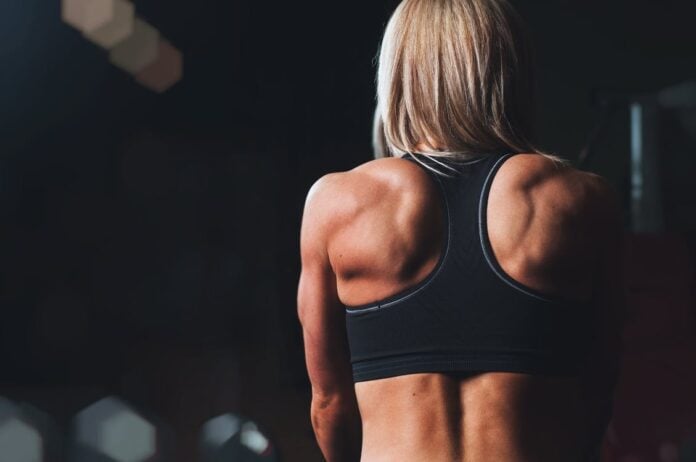Bodybuilding is one of the more popular sports and leisure with the most passionate enthusiasts. Feeling and looking good when engaging in bodybuilding is not just a treat but has become a lifestyle for those who embraced it as both their calling and career. Before, it was a male sport. Now, more and more women are getting involved and are competing in bodybuilding. Thus, the rise of the undaunted question: Are female bodybuilders using steroids?
When a physique competition for women was first held in 1960, the bodybuilding world somehow did not take it anymore than a usual bikini contest. It was not until 1978 when female bodybuilding competition was judged based on muscularity that it gained momentum and recognition. The next year, the world saw some of the pioneers of professional female bodybuilders like Kay Baxter, Marilyn Schriner, and Cammie Lusko. Somehow, the competitiveness was still in its infancy, but female bodybuilders to be scored on their muscles was seen as a plus. To be a bodybuilder is to have a conditioned body of toned muscles. And for women to sport such, steroids were highly likely and definitely in the works.
In 1983, a large percentage of women started engaging in the muscle business, giving birth to the American Federation of Women Bodybuilders. The following years sparked much controversy as more and more female bodybuilders participated in competitions showing greater muscles and somehow losing femininity. In fact, drastic changes were greatly evident in female bodybuilders becoming synonymous with steroid use as the substance helped them grow more muscles.
But the bias was evident during this time as judges, specifically at Ms. Olympia and Ms. International seemed to pick bodies that show more marketability than the best ones in terms of build-up and muscularity. Clearly, IFBB does not want female bodybuilders ‘too big’ that they lose their womanly features. Don’t overuse steroids, it could be what they were saying and so by 2000, judging female bodybuilders would include symmetry, presentation, separation, muscularity, healthy appearance, face, makeup, and skin tone.
Although female bodybuilding competitions contribute a number of names that deserve recognition and proof that women are up to the reel challenge and are doing just as great, they are more controversial than their male counterparts. Female bodybuilders on steroids are seemingly more recognizable when the masculinizing effects of the drug become more evident in a woman’s physique.
To some extent, the next generation of female bodybuilders on steroids have learned much from the early users. Manufacturers, too, have started creating steroids with the least androgenic effects just for women, but some would simply say that taking low dosages of the currently available ones were enough.
In terms of the goal in using steroids, both sexes are on steroids embracing almost a common primary one. Both are striving to achieve a certain personal satisfactory level of physique. Another commonality is that both male and female bodybuilders are well aware of the risks and effects of steroids in their body. But as they say, knowing them is more advantageous because they would know what to prepare, how to avoid them, and when to stop, if necessary.



pmh4a1
1qg66y